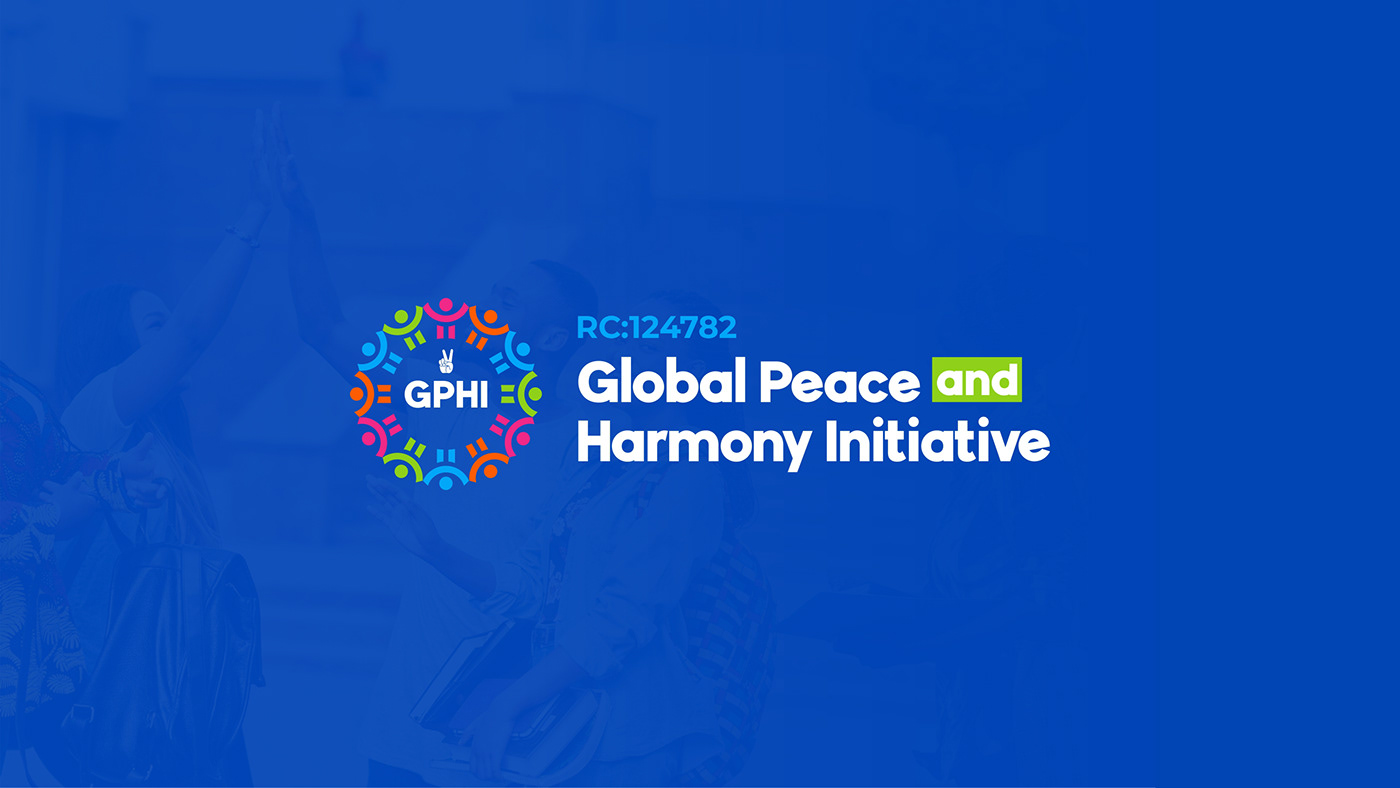The Bahá’í Peace Plan represents a transformative framework rooted in the teachings of Bahá’u’lláh, designed to foster global harmony and peace through collective action and spiritual awakening. Within this context, the Bahá’í approach to peace is multifaceted, intertwining spiritual principles with practical strategies. By addressing social, economic, and political dimensions, the Peace Plan provides a compelling roadmap for humanity’s advancement towards a peaceful coexistence. This exposition elucidates the various aspects of the Bahá’í Peace Plan, articulating the essential components and their relevance in contemporary society.
At the core of the Bahá’í teachings lies the principle of unity in diversity. This foundational doctrine posits that while humanity is constituted of various races, cultures, and religions, this diversity should be celebrated as a source of strength rather than division. The Peace Plan advocates for an inclusive dialogue among different groups, recognizing that genuine peace cannot be achieved without understanding and embracing the myriad perspectives present in the world. This approach encourages individuals and communities to engage in meaningful conversations that transcend superficial differences, fostering empathy and mutual respect.
One of the most salient dimensions of the Bahá’í Peace Plan is its emphasis on the education of all individuals. Education is viewed not merely as a means of personal advancement but as a fundamental pillar for societal progress. The Bahá’í teachings assert that empowering individuals through education engenders informed citizens capable of contributing to societal well-being. Such empowerment is particularly significant in addressing social injustices and inequalities, as educated individuals are more likely to advocate for the rights of others and participate in constructive civic engagement. Moreover, the Peace Plan underscores the importance of moral education, nurturing virtues such as compassion, integrity, and altruism, which are critical for fostering a culture of peace.
The socio-economic dimensions of the Bahá’í Peace Plan also merit examination. The inherent link between peace and economic development is emphasized, advocating for the elimination of poverty and the promotion of equitable opportunities. The Bahá’í teachings assert that a just economic system is essential for social harmony. In practice, this translates into initiatives aimed at sustainable development, focusing on creating conditions that allow all individuals to thrive. Such initiatives may include microfinance programs, vocational training, and community development projects, all designed to empower marginalized populations and uplift communities.
Additionally, the concept of collective security is integral to the Bahá’í Peace Plan. This principle asserts that lasting peace can only be achieved through collaborative efforts that transcend national boundaries. The Bahá’í teachings encourage nations to work together in addressing global challenges such as climate change, resource inequality, and conflict resolution. A collective approach fosters a sense of global citizenship, where individuals recognize their responsibility not only towards their own nation but towards humanity as a whole. This perspective nurtures a culture of solidarity, wherein global issues are confronted with joint resolve.
The role of governance in the pursuit of peace is another crucial aspect of the Bahá’í Peace Plan. The teachings advocate for the establishment of a system of governance that is participatory, just, and transparent. Such a system acknowledges the necessity of involving diverse voices in decision-making processes, ensuring that all groups within society have a stake in governance. Furthermore, Bahá’í principles promote the idea of a federative world government, which would facilitate international cooperation and the establishment of global norms to prevent conflict. This vision for governance transcends traditional power dynamics, proposing a collaborative framework that prioritizes the welfare of humanity.
Moral and ethical considerations are intrinsic to the Bahá’í Peace Plan. The teachings underscore the interconnectedness of spirituality and action, urging individuals to align their ethical principles with their actions in the world. This alignment calls for a deep introspection into one’s motivations and behaviors, fostering a sense of accountability. Through various community initiatives, Bahá’í communities around the world actively engage with moral imperatives, seeking to embody principles of justice, equity, and compassion in their everyday lives.
The Bahá’í Peace Plan also addresses the pivotal role of youth in the quest for global harmony. Young people are viewed as harbingers of change, possessing boundless energy and innovative perspectives that can drive progress. The Plan encourages the active involvement of youth in community-building activities, serving to cultivate leadership skills and a sense of purpose. Mentorship programs and youth-led initiatives are critical in empowering the younger generation to become agents of change, fostering a culture of peace within their communities.
Finally, the ultimate goal of the Bahá’í Peace Plan is the establishment of a peaceful global society. This aspiration is not merely a distant ideal but a tangible objective that necessitates concerted effort at individual and collective levels. The teachings articulate a vision of a world where justice prevails, prejudice is eradicated, and love and compassion govern human interactions. It envisions a harmonious coexistence, where the rights and dignity of every individual are upheld, leading to a culture that nurtures peace from generation to generation.
In conclusion, the Bahá’í Peace Plan offers a holistic and comprehensive approach toward achieving global harmony. By advocating for unity in diversity, emphasizing education, promoting economic justice, addressing collective security, fostering participatory governance, reinforcing moral foundations, empowering youth, and ultimately striving for a peaceful society, it presents a robust framework that can guide humanity toward a tranquil future. As individuals and communities engage with these principles, the aspiration for global peace becomes an achievable reality, echoing the timeless wisdom found within the Bahá’í teachings.
